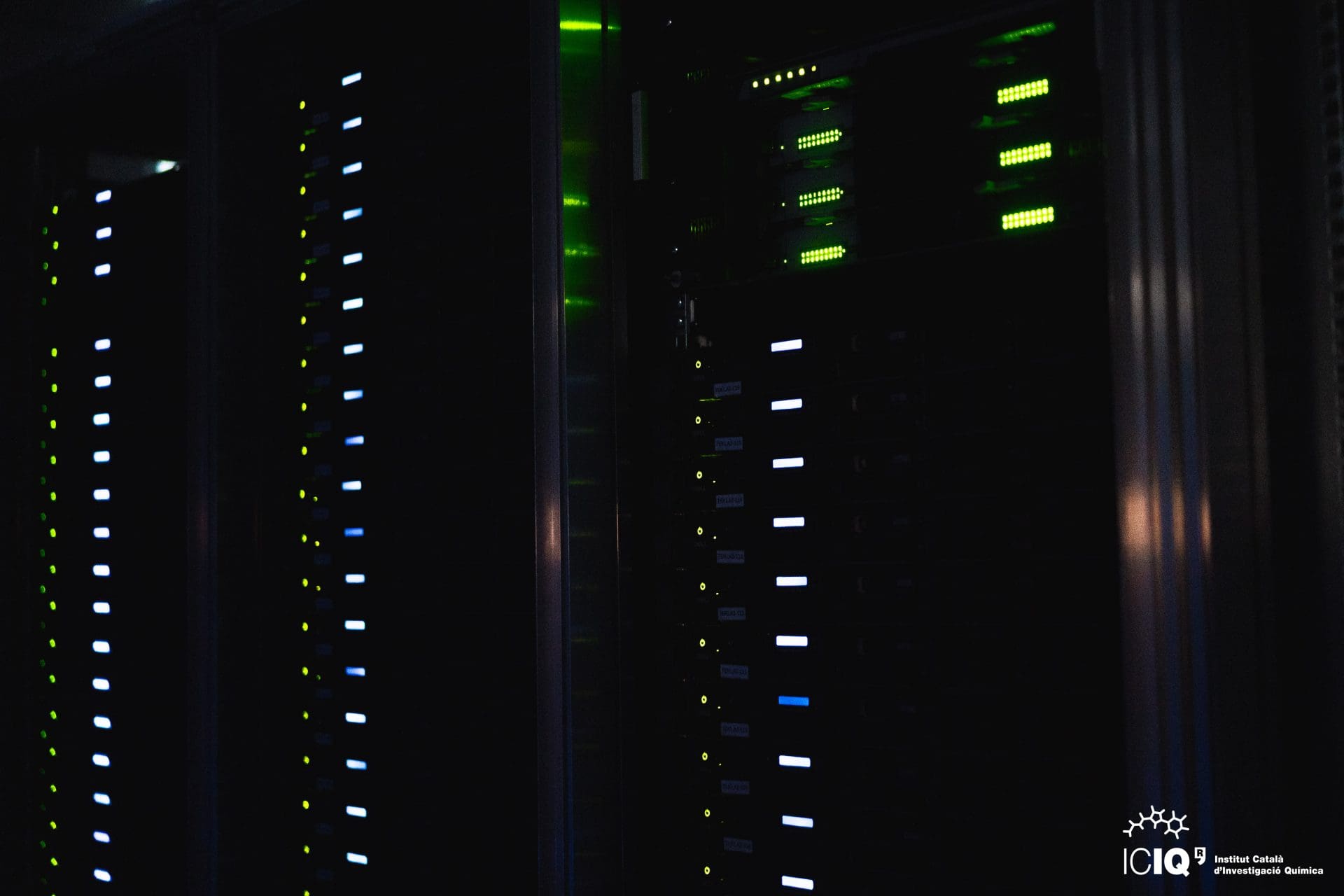COMPSUSCHEM
Computational sustainable chemistry
Project description
The increasing societal need for a cleaner environment leads to a demand for sustainability, a challenge that must be met by the chemical industry. There is a wide variety of initiatives to increase sustainability, and this research project aims to address a selection of them from the point of view of computational chemistry. In this concern, the improvement of catalytic processes is an important target. New processes will ideally lead to the same products, but with fewer undesired side products and under more benign conditions.
Or new, more appealing products, may become accessible. A number of strategies have emerged in the last decades that expand the range of available reactions. Among them, we will address photocatalysis and cooperative catalysis. The interaction of light with matter, or the simultaneous use of several catalysts can open new paths to synthesis or simplify the currently available ones.
These novel reaction strategies generally demand a more intensive application of computational techniques, which can be fortunately achieved with the current availabilty of computers and computer codes. Progress towards a more sustainable chemistry is not limited to new reaction strategies, but can also involve more fundamental changes, as proved by the increasing popularity of new reactions modes. By this, we mean schemes that lead to a change of the paradigm as is cases of mechanochemistry or host-guest catalysis. Mechanochemistry, as in ball milling, involves a direct suppression of the solvent, which is at most replaced by a substoichiometric amount of additive in liquid-assisted grinding. Of course, disposal of organic solvents is one of the least sustainable aspects of current synthesis and any advance in this concern is welcome. In host-guest catalysis, which has yet to reach its full potential, a confined space replaces the conventional catalyst, with significant implications toward suppresion of residues.
A last frontier to improve chemical sustainability from a computational view concerns the method itself. The continuous progress in hardware and software has moved the bottleneck from the generation of raw data to the processing of the large number of energies and structures that nowadays can be easily obtained. Modern buzzwords such as big data, machine learning, artificial intelligence, deep learning,… are already finding their place in computational chemistry. Our contribution in this area will consist on identification of descriptors and an increased application of ioChem-BD.
Descriptors are the numerical variables associated to molecules or fragments that are combined to reproduce a given property. Our plan is to develop the optimal descriptors for the barriers of different reactions. ioChem-BD is the repository for computational results that we have been developing in collaboration with different groups in Tarragona in recent years, and we intend to continue its development and exploitation. We are convinced that our approach to this diverse field of sustainable chemistry will help the collective goal of having a chemistry more friendly to the environment, and thus a better society

Proyecto PID2020-112825RB-100 financiado por MCIN/ AEI/10.13039/501100011033
-
Reference: PID2020-112825RB-100
-
Call identifier: Proyectos I+D - Retos
-
Timeline
01/09/2021 - 31/08/2024
-
ICIQ's Budget
145,200 € -
Principal Investigator
Prof. Feliu Maseras
-
Financing Agent / Programme
Ministerio de Ciencia, Innovación y Universidades, Proyectos Generación de Conocimiento

Let's create a brighter future
Join our team to work with renowned researchers, tackle groundbreaking
projects and contribute to meaningful scientific advancements














